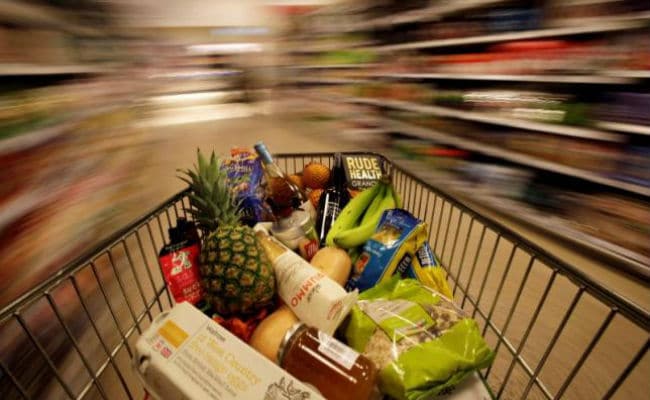
The GST or Goods and Services Tax Council met on Sunday to review demands raised by 133 industries seeking change from the fitments originally made under the four-slab indirect tax structure. Chaired by Union Finance Minister Arun Jaitley, the Council lowered the tax rate for 66 items of common use. While taxes on packaged foods and school bags and other items of common use were reduced, tax on hybrid cars is set to remain the same, Mr Jaitley said. With the GST regime set to come into effect from July 1, the government has formed 18 sectoral groups such as banking and insurance, textiles, exports, information technology, transport, and oil and gas to iron out issues and problems, the Council said.
Here are the key details:
Kitchen use items like pickles, mustard sauce and 'morabba' will attract a 12 per cent tax under GST, as against 18 per cent proposed earlier.
Tax on cashew has been cut from 12 per cent to 5 per cent.
Movie tickets costing Rs 100 and below will now attract 18 per cent tax, as against the 28 per cent proposed earlier, while those above Rs 100 will continue to attract 28 per cent tax.
Tax on cutlery will come down from 18 to 12 per cent, while computer printers will be lowered from 28 to 18 per cent.
Tax on insulin and agarbattis will go down from 12 to 5 per cent.
Tax on school bags has been lowered from 28 to 18 per cent, while that on exercise books will come down from 18 to 12 per cent.
GST on workers in diamond, leather, textiles, jewellery and printing industries has been reduced to 5 per cent, from 18 per cent earlier.
The finance minister also hinted that the tax rate on hybrid cars will not be revised. The GST Council had fixed a tax rate of 43 per cent (28 per cent GST plus 15 per cent cess) on hybrid cars.
Mr Jaitley also said that the lottery and e-way bill are two specific issues that will be taken up at the next GST Council meeting on June 18.
The GST Council also decided that traders, manufacturers and restaurant owners with a turnover of up to Rs. 75 lakh can opt for a composition scheme and pay taxes at the rate of 1, 2, and 5 per cent respectively. Earlier, the turnover limit to avail composition scheme was Rs 50 lakh.

